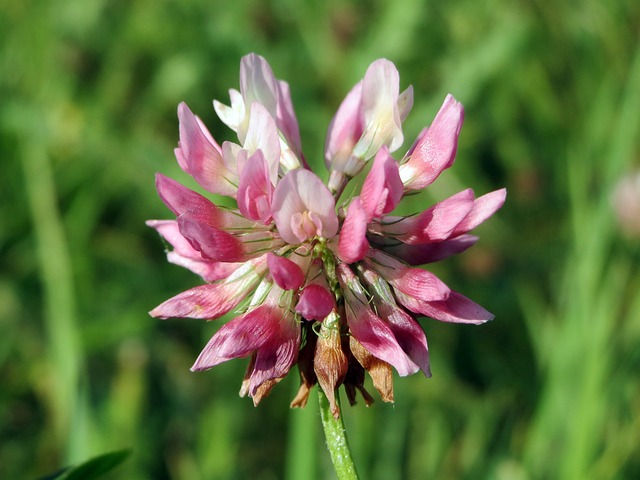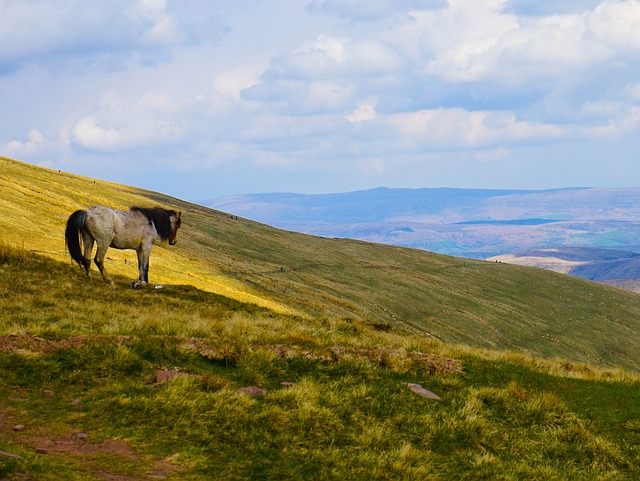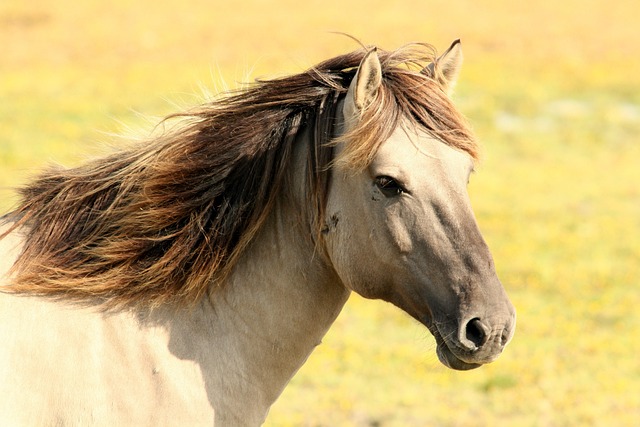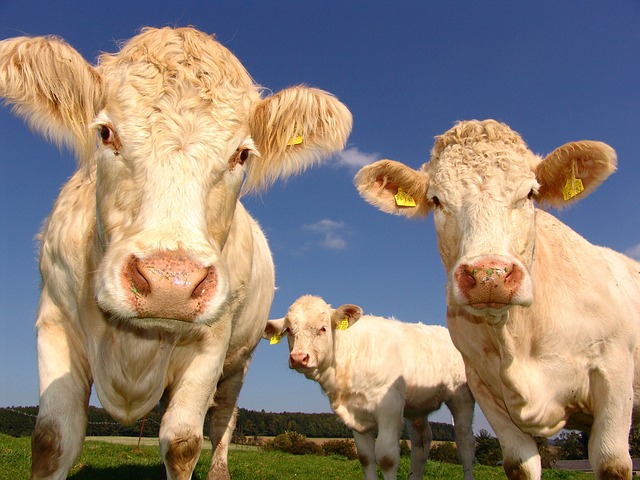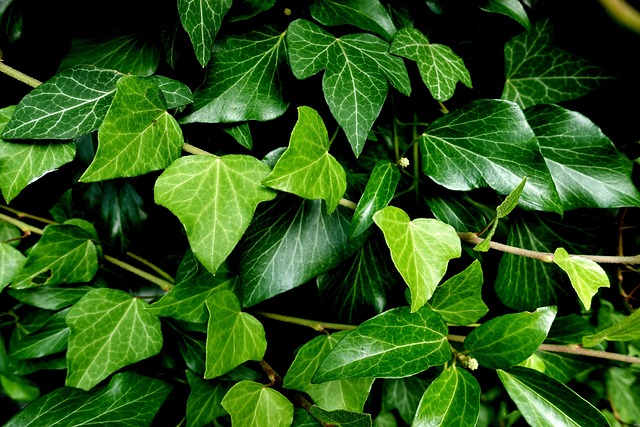
Ivy
February 1, 2023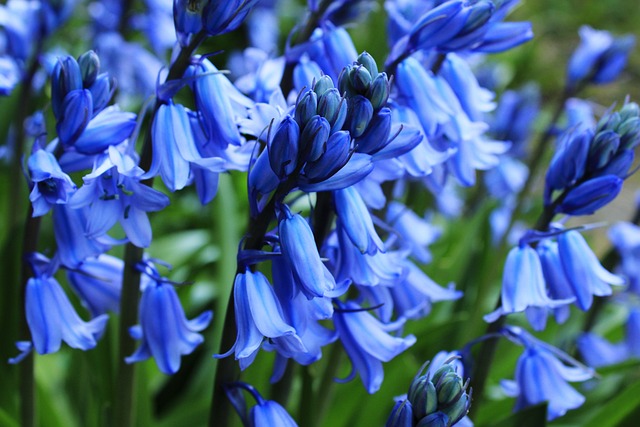
Bluebells
February 1, 2023Alsike clover is a species of clover that is commonly found in the UK and is often used as a forage crop for horses. While Alsike clover is generally considered safe for horses to consume, it can be toxic if consumed in large quantities.
The toxic compound in Alsike clover that can cause problems for horses is a type of cyanogenic glycoside called prunasin. Prunasin is toxic to horses because it can release hydrogen cyanide when the plant is chewed or broken. Hydrogen cyanide interferes with the horse’s ability to use oxygen, leading to symptoms such as difficulty breathing, weakness, and in severe cases, death.
Horses that have been grazing on Alsike clover for long periods of time or have consumed large quantities of the plant are most at risk for toxicity. In some cases, horses may develop a sensitivity to Alsike clover, causing symptoms to occur even after consuming small amounts of the plant.
To avoid the risk of Alsike clover toxicity in horses, it is important to manage the amount of clover in your horse’s diet. This may involve rotating your horse’s grazing area, limiting access to Alsike clover, or supplementing their diet with alternative forage crops.
If you suspect that your horse has been affected by Alsike clover toxicity, it is important to seek veterinary attention as soon as possible. Treatment will depend on the severity of the symptoms and the amount of Alsike clover consumed, but may include medications to support the horse’s breathing and cardiovascular function.
In conclusion, Alsike clover can be a valuable source of nutrition for horses, but it is important to be aware of its potential to cause toxicity in certain circumstances. By managing your horse’s exposure to Alsike clover and being vigilant for symptoms of toxicity, you can help to ensure the health and wellbeing of your equine companion.

